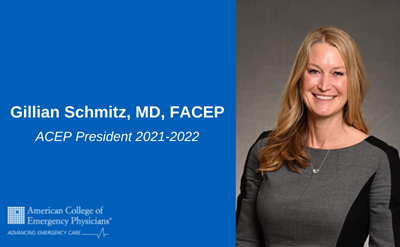WASHINGTON, D.C.—Minors (patients who are under 18 years of age) frequently visit emergency departments for evaluation and treatment without parents or guardians, which can lead to legal and ethical dilemmas for emergency department staff required by law to treat them. The American College of Emergency Physicians Pediatric Emergency Medicine Committee updated the 1993 policy regarding the evaluation and treatment of minors in the emergency department and it was published last week in Annals of Emergency Medicine (“Evaluation and Treatment of Minors”).
“Almost half of adolescents with serious head injuries come to emergency departments without an adult who can legally provide consent, creating a barrier to care,” said the paper’s lead author Lee Benjamin, MD, of Saint Joseph Mercy Hospital in Ann Arbor, Mich. “There are numerous other situations in which minors seeing emergency treatment lack parents or guardians to give consent, such as the 1.3 million runaways in the U.S. Emergency physicians need to know what the state and local laws are so they can deliver timely care to kids in emergencies.”
Other children who may lack adults legally authorized to give consent for their emergency medical treatment include immigrants and those who have been displaced by disasters.
The paper outlines the morass of federal and state laws governing medical treatment of minors, and in addition to consent, addresses issues of confidentiality, reimbursement and electronic health records.
“Another tricky area for emergency department staff is when minors and their guardians disagree about a course of treatment,” said Dr. Benjamin. “Refusal of care frequently arises from poor communication but there are situations where parents and children disagree. It is critical for emergency physicians to document carefully episodes when patients refuse care and if a patient’s welfare is in danger, to consider legal intervention.”
 American College of Emergency Physicians
American College of Emergency Physicians







